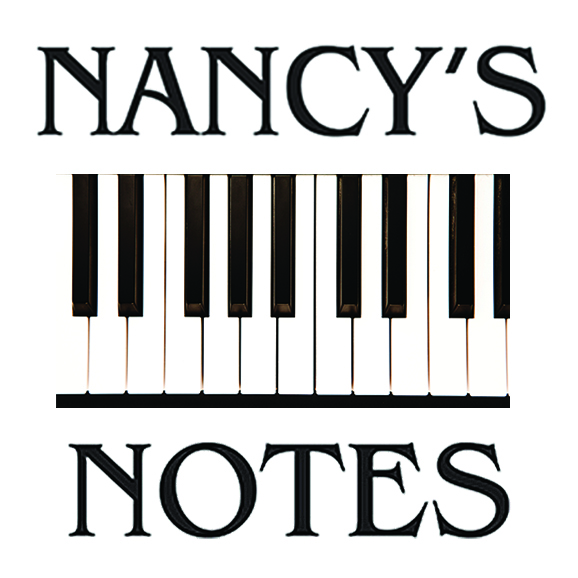I’ll Be Home for Christmas
Age has taken a mighty toll on the men and women who first clung to “I’ll Be Home for Christmas” as not just a song, but also a prayer. Like last week’s song I featured in this spot, “Have Yourself a Merry Little Christmas,” this week’s story falls about in the same line.
For young and old during the darkest days of World War II, for sons and daughters, fathers and mothers, grandparents, aunts and uncles, “I’ll Be Home for Christmas” represented their hopes, dreams, and prayers better than any other song, movie, or story. Many who hear this carol today may think it overly maudlin, but when it was released, it quickly became the most powerful song on the hit parade.
The song may very well be one of the simplest Christmas carols ever written. There is an introduction, a single verse and a chorus — just twelve lines that innocently depict a person’s longing for home. Yet the way these dozen lines moved a nation during the uncertain times of war, as well as the way they continue to move people today, makes this secular carol one of the most spiritual songs of any era.
It was 1942, and lyricist Kim Gannon knew the emotional toll of fighting a war on two fronts. In the writer’s home of Brooklyn, thousands of families had given up their sons to the armed forces, and many had already lost their children in battle. Christmas, which is supposed to be a time of great joy, felt strangely different that year. Even though streets were decorated with bright lights, the war had cast a dark cloud over the holidays. It was hard to think of peace on earth when parents anxiously read the news and prayed that every telegraph delivery man would pass them by.
Gannon saw the same gut-wrenching scenes play out every day — the prayers of frantic parents, the tears of newly-enlisted soldiers saying their goodbyes at train stations, the rush toward the mailman who might carry a letter from a loved one. The writer knew that the news on the radio was both a curse and a blessing.
When Gannon sat down with pen in hand to capture the unsettling scenes that surrounded her and everyone else in America, the cascade of emotions must have made writing “I’ll Be Home for Christmas” very difficult. There was so much to say, so much that would be missed by those split apart by the hellish nightmare of war. Yet rather than try to cover everything, the writer simply wrote, in a straightforward, uncomplicated manner, about the heartache of being away from home at Christmas. The poem that Gannon produced in so few lines somehow completely captured the emotions of hundreds of millions.
Gannon’s words were brought to tunesmith Walter Kent. Also a New Yorker, Kent understood the sadness of the holiday season and inherently knew what the song needed. In his mind’s eye, he saw empty chairs at the table and mothers trying to smile through tears as they baked cookies for remaining family members. When he finished his work, he had written a dreamy, hopeful melody that was a perfect fit to Gannon’s words.
The spiritual nature of this song comes from its almost prayer-like message. Christmas in America had always been about family and remembering the One who started it all. Yet World War II had broken those bonds and disturbed the traditions of the holidays.
On October 4, 1943, Bing Crosby recorded “I’ll Be Home For Christmas.” Throughout World War II, Korea, and Vietnam, the song symbolized and captured the emotions of those on the battlefronts, as well as the emotions of those back home praying for their safe return.
Today, nearly nine decades after it was embraced as a World War II holiday prayer, “I’ll Be Home for Christmas” stirs new emotions. Most of those who returned home for Christmas after the war have left this world for the next. Yet because of the contributions and sacrifices of the men and women who served our country during those dark days, they will always be home for Christmas in our hearts, memories and dreams.
(Excerpts from “Stories Behind the Best-Loved Songs of Christmas” by Ace Collins)



